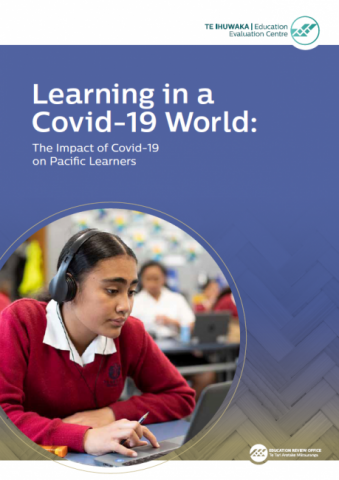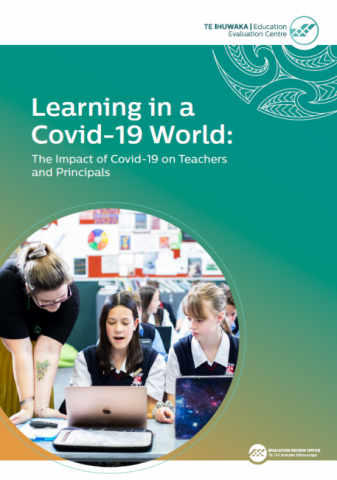Education For All Our Children: Embracing Diverse Cultures - Summary of draft for consultation
Published: 22 Nov 2022
Aotearoa New Zealand is becoming more ethnically diverse, and this change is fast. It is critical that education meets the needs of all our children and this draft summary for consultation looks at the experiences of learners from ethnic communities, and considers what is needed to better support them in the future.
- Audience:
- Academics
- Education
- Parents
- Schools
- Content type:
- Research
- Topics:
- Te Ihuwaka | Education Evaluation Centre


















